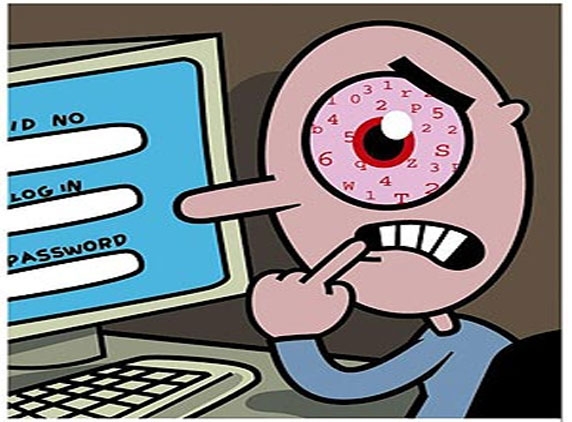
May be soon the password trauma might eliminate with the defense authorities trying their best to revolutionize the password trauma with new software…..
Even as the world moving forward on many fronts one infant ritual goes on with us till we reach the coffins. Yeah! I am talking about the passwords. Earlier with just one email account and one bank account the password was easy to be remembered. And those were simple to. But with growing business environment in the urban world, we need more email accounts. Like one for business, another for personal, and the third for friends and so on. Because the moment you log on to the Facebook with your email id then all your contacts could be available to all and this could be a little embarrassing at times, hence the theory of multiple accounts. So with so many accounts multiple passwords become a traumatic task to be remembered.
Hence we obviously turn to a uniform password for all ids. Now with online insists, we need to have an alphanumeric or even a symbol added to it making it, all the more, complicated. The hackers!! Fearing them we have to keep changing this password, because if he gets access then we are exposed in all accounts. Hence password changing and remembering has turned out to be a futile but a compulsory exercise for all of us. Now the delight is that, this could be avoided if the sources are to be believed, soon, not immediately of course.
This is the vision of Defense Advanced Research Projects Agency, part of the Defense Department. It will distribute research funds to develop software that determines, just by the way you type, that you are indeed the person you say you are. DARPA's purpose is to sponsor "revolutionary, high-payoff research" for military use. But technology developed under DARPA's auspices - the internet itself being only one among many achievements traceable to its initiatives - eventually tends to find its way into the civilian world, the Sydney Morning Herald reported.
Academic experts are trying a number of approaches to determine users' identities only through their computer behavior. Roy Maxion, a research professor of computer science at Carnegie Mellon University in Pittsburgh, supervises research on "keystroke dynamics," including the length of time a user holds down a given key and moves from one particular key to another. Motions that we've performed countless times, Maxion says, are governed by motor control, not deliberate thought.
Charles C. Tappert, a professor of computer science at Pace University in New York, has also carried out research on the keystroke biometric, verifying identities by looking at the way students type their answers to questions on online tests. His research group has come up with software that analyses the distinctive pattern of keyboard pressure; it accurately confirms the claimed identity of a test taker in 99.5 per cent of cases, he said.
Research overseen by Salvatore J. Stolfo, professor of computer science at Columbia University, has led to the development of software that uses a simple means of detecting an intruder: placing decoy documents on the computer. Because of the conventional password-based systems used today, the agency insisted, there is now no way "to verify that the user originally authenticated is the user still in control of the keyboard."
Friends out there, bear with this password trauma that is eating in to our brains, for some more time. There is light at the end of the tunnel, for lazy people like you and me!! (Chuckles) (With inputs from internet- AarKay)














